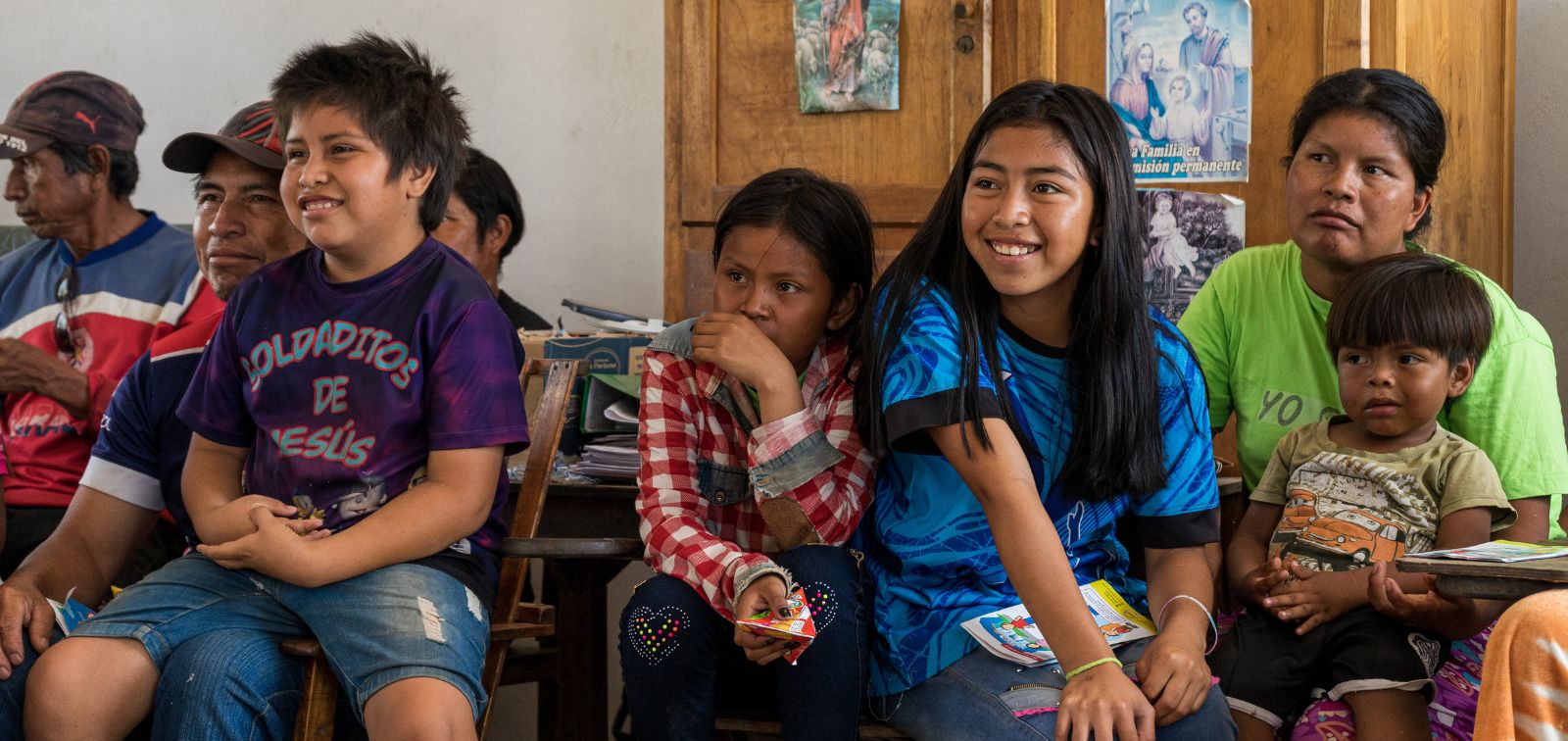World Chagas Day: Six Commitments to Fight this Neglected Disease
The members of the Global Chagas Disease Coalition call for improved access to diagnosis and treatment, increased investment in research and development, and enhanced training for health workers
14.04.2025
Currently, more than 70 million people are at risk of contracting Chagas disease, a parasitic infection that already directly affects approximately seven million individuals, primarily in Latin America. However, due to migration from Latin American countries, it is also present in many other nations worldwide. The affected countries have committed to controlling this parasitic disease by 2030.
To date, significant progress has been made in various areas: vector control; detection of blood donors seropositive for the parasite Trypanosoma cruzi in blood banks; and a growing interest in incorporating screening and treatment of Chagas disease both in women of childbearing age and in routine sexual and reproductive health programs. Additionally, research is underway to improve diagnostic and therapeutic tools, as well as to better understand transmission routes and the effectiveness of available treatments.
Most encouragingly, today we have diagnostic tests and medications. However, there are significant barriers preventing these solutions from reaching those who need them in a timely manner. It is estimated that last year, more than 12,000 people died from this disease —and that figure is only an estimate.
Chagas has been the perfect metaphor for neglect. And that is why it is a pressing public health problem. The time to provide attention is now. Aware of this urgency, the organisations that make up the Global Chagas Coalition, including the Barcelona Institute for Global Health (ISGlobal), share a manifesto with six key commitments in which they work from different disciplines: research, prevention, project implementation, and direct care for those affected.
Today, in the face of severe uncertainties and funding cuts in cooperation and global health, it is time to regain strength, adapt plans to the new scenario, and reaffirm our commitments. Therefore, the organisations of the Global Chagas Disease Coalition call on governments, donors, and interested organizations to join the commitment to redouble efforts in the following priority areas:
- Continue improving access to diagnosis, treatment, and comprehensive care for people affected by Chagas disease in all its dimensions.
- Promote investment in research and development (R&D) of new diagnostic and therapeutic tools that facilitate adapted access for the populations that need them, as well as evaluate the progress of treated individuals toward their cure. Currently, R&D investment for Chagas represents a meager 0.6% of all R&D investment for neglected diseases, which is already very small compared to global health investment.
- Improve surveillance and control of the disease by expanding mandatory reporting systems for Chagas cases and their clinical complications.
- Strengthen and facilitate access to training and consultation tools for health personnel and affected individuals, to offer updated and higher-quality care.
- Stimulate coordination among all actors involved in comprehensive care pathways and ensure the participation of affected individuals and their associations in the design and implementation of strategies adapted to the epidemiological and sociocultural contexts of their communities.
- Continue supporting visibility actions as an opportunity to showcase global efforts to reduce its impact, as well as to promote progress in access to comprehensive care.
These commitments, known as the Bogotá Manifesto, constitute a proposal and reference framework to support the struggle of affected individuals and countries. We cannot miss the opportunity of this crucial decade to move closer to eliminating Chagas disease as a public health problem, according to the objectives agreed upon within the framework of WHO/PAHO. Together we are more, and we can do more.



